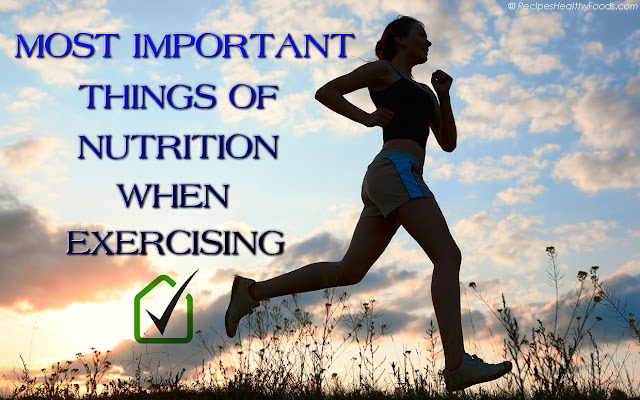♥ Do you have any tips on how to get started ?
➙ Finding something you enjoy is key, otherwise you won’t carry on with it. For me music inspires me to work hard during exercise but everyone is different. To get started it could be a walk each evening after dinner, taking up a new sport, trying a Zumba class, cycling to work, trying aqua aerobics – the possibilities are endless.
↪ Balance:
▶ This sounds obvious but the first thing to get right is the overall balance of the diet. There must be sufficient carbohydrate, protein, and essential fats vitamins and minerals in the diet to enable quality training to take place.
▶ All food groups should be included and the importance of simple strategies like eating a wide variety of brightly coloured fruit and vegetables every day to provide essential vitamins, minerals and antioxidants should not be overlooked.
↪ Fuelling:
▶ Another key thing is to think about correct fuelling before exercise. It’s important to have eaten some carbohydrate rich foods (cereal, bread, pasta, rice, potato etc.) a few hours before exercise especially if it’s going to be a fairly high intensity cardio–based session otherwise there will be nothing in the tank.
▶ Include carbohydrate foods that release energy more slowly (low glycaemic index) such as multigrain bread, muesli, porridge, sweet potato and pasta.
↪ Hydration:
▶ Hydration is also important as it affects exercise capacity, perception of effort and mental functioning. Starting exercise already well hydrated is important and checking for pale coloured urine can be used as a crude indicator of an adequate hydration state.
▶ Taking fluids on board if exercising for more than 30 minutes is important. Water will often suffice for short periods of exercise but during longer periods a sports drink containing carbohydrate can have performance benefits.
↪ Recovery nutrition:
▶ This is really most relevant for athletes training for periods of an hour or more several times per day. For them, consuming carbohydrate in combination with some protein either in the form of a drink orsnack as soon as possible after the session makes a big difference to how they feel and perform in the next session.
▶ It also positively enhances the physiological adaptation that takes place following exercise. The target amounts post–training are in the region of 1 – 1.2g carbohydrate per kg and 0.3g protein/kg body weight but this will vary according to the type of session completed.
❤ Don't Forget To Read :

















0 commentaires:
Post a Comment